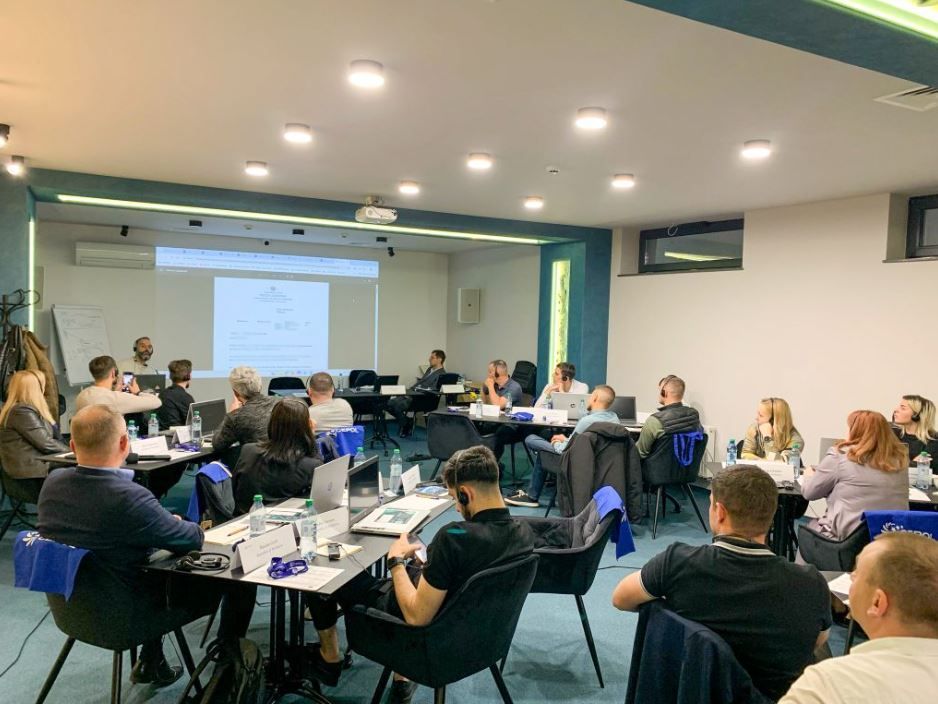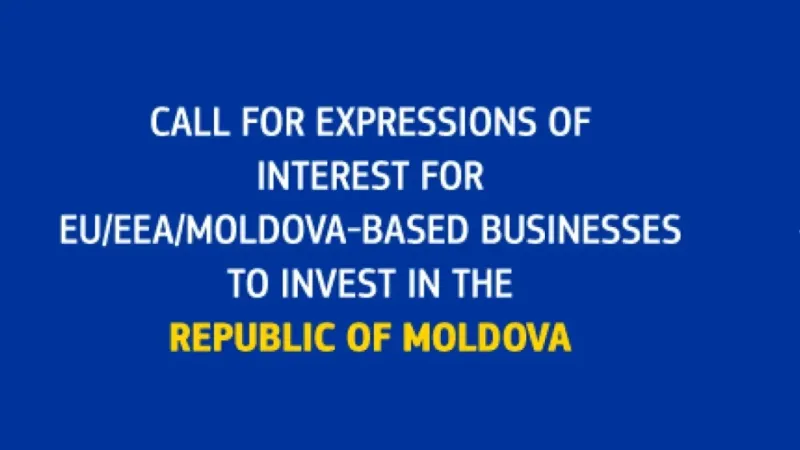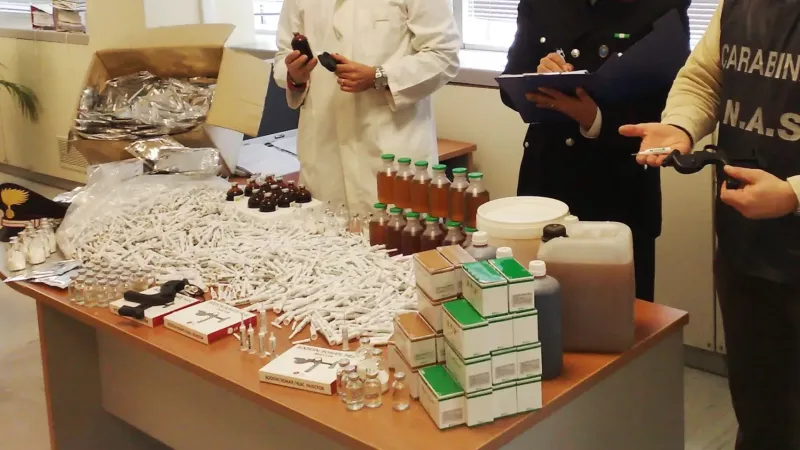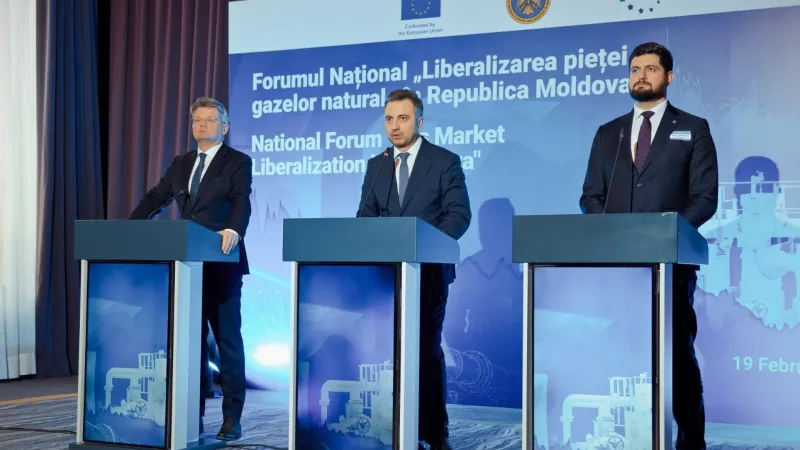
Moldovan law enforcement professionals gain new skills to fight cryptocurrency crime
Law enforcement professionals in the Republic of Moldova participated last week in hands-on training to strengthen their ability to investigate crimes involving digital currencies, including tracing illicit transactions and identifying blockchain-based assets.
From 12 to 16 May 2025, a specialized course on cryptocurrency investigations took place in Chișinău, delivered under the EU4Security Moldova project by the European Union Agency for Law Enforcement Training (CEPOL).
The activity brought together Moldovan police officers, prosecutors, as well as officials from anti-corruption and financial intelligence units. It offered a practical and multidisciplinary approach to addressing this complex and evolving crime area. The course was delivered by experts from the Portugal Judicial Police, CEPOL, and Europol, with the support of the private sector. Representatives from Binance, Coinbase, and TRM Labs provided expert insights into cryptocurrency flows, showcased advanced analytics and investigative tools, and emphasized their close cooperation with law enforcement authorities in tackling blockchain-based criminal activities.
“We are witnessing an increase in criminal activities involving cryptocurrencies. Every investigated case is a challenge, as criminals have a wide range of tools at their disposal to carry out illegal activities. This specialized course provides crucial support to law enforcement by equipping officials with methodologies to identify suspects and deploy targeted investigative strategies,” said one of the course participants.
The course focused on strengthening Moldova’s capacity to investigate offences involving cryptocurrencies. Key topics included blockchain technology, the use of blockchain forensic tools, identifying and tracing illicit transactions and wallets, and improving cooperation with virtual asset service providers and international partners.
“Through this course, we are enhancing cooperation between Moldova and the European Union while building the operational skills needed to tackle cross-border and technology-driven crime,” said Florentin Dicu, CEPOL Project Manager, during the course opening.
This initiative aligns with the EU’s strategic security priorities, as outlined in the EU Serious and Organized Crime Threat Assessment (SOCTA 2025), which identifies the criminal use of digital assets as a major and emerging threat to internal security across Europe.








